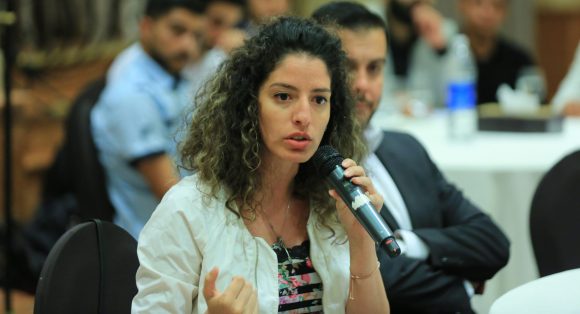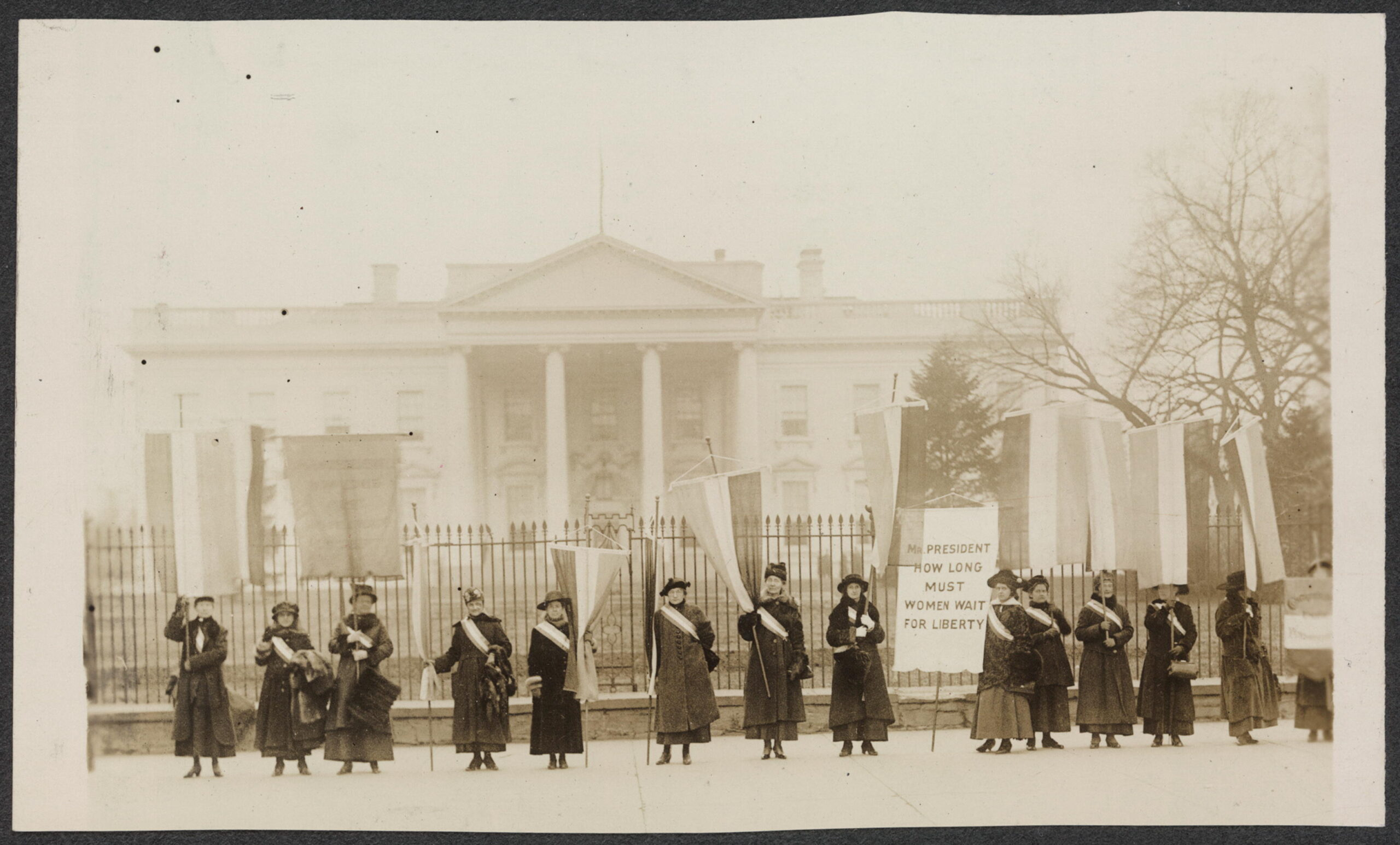#EndVAW: Why we must end political violence against women

Every year, 25 November is the beginning of 16 days of global activism focusing on one essential issue: the persistence of violence against women and girls. The 1993 UN Declaration on the Elimination of Violence Against Women defines it as “any act of gender-based violence that results in, or is likely to result in, physical, sexual or psychological harm or suffering to women”, and includes threats to inflict such suffering.
The shocking statistics showing the prevalence of problems such as domestic violence or sexual abuse make for distressing reading. For example, global estimates published by WHO indicate that about 1 in 3 (35%) of women worldwide have experienced either physical and/or sexual intimate partner violence or non-partner sexual violence in their lifetime. Six countries in the world do not permit abortion under any circumstances, resulting in needless deaths from unsafe abortions.
If we are to end the suffering of women, we as a society need to combat it on all fronts, and an often neglected form of violence to consider is political violence against women. Whether this is outright violence towards women running campaigns or sexist discourse undermining women’s political credibility, it needs to be addressed as a matter of urgency. Why? Because when we achieve political equality for women, we can more realistically achieve gender equality all across our societies.

What is political violence against women?
By violence against women in politics, we at NIMD mean the violation of women’s rights to participate equally. This could be acts that are physical or psychological. However, women often find legislative obstructions have been put in their way. Political violence against women isn’t unique to certain countries or regions; it is a global problem. Worse than that, it’s one that we could have ended generations ago.
Women in politics face an uphill struggle if they want to enjoy the same representation as their male counterparts. Whether it’s being wolf-whistled while trying to speak in Parliament, receiving questions about fashion during an interview on their political career, or facing literally twice as much psychological abuse/violence during elections than men, women have a starkly different experience of the political world compared to men.
Dancing backwards in high heels
The phrase ‘dancing backwards in high heels’ was coined by Bob Thave in a 1982 comic strip. In the comic, the protagonists Frank and Ernest were told by a female character that while Fred Astaire was a great dancer, Ginger Rogers could do the same but backwards and in high heels. When applied to global politics, the situation for women is strikingly similar; they compete in the same halls and institutions as men, but with different rules and the odds heavily stacked against them.
With gender inequality statistics as disheartening as they are and incidence of political violence against women still so high, it might seem a miracle we have any female representatives at all. To get to the same level as men, women need to do so much more – doing the same job as men while ‘dancing backwards in high heels’ at the same time. So what is to be done to bring an end to this? For the answers, I will turn to a NIMD-sponsored book by gender expert Virginia Garcia Beaudoux, which shares its title with this Ginger Rogers inspired metaphor.
- Political parties must become involved: To get serious about making women equally visible in politics, parties can become the vehicle of political opportunity women deserve. By building up their internal democracy, educating male members and promoting female activists’ education in negotiation, campaigning and good governance, parties can begin lowering the boundaries faced by women who want an equal stake in their government.
- We need to educate the mass media: The fact that a pivotal meeting of two female national leaders in Britain was headlined with comments about who had the better legs really says it all. The way the media refers to women in the public sphere must change. This begins with training and workshops for journalists, both in how they can avoid enforcing stereotypes in their work and what effect their historical failures have had on our perceptions of female candidates.
- Mentorship networks are essential: Empowered people go on to empower others. At every stage, from early education to their campaign for the highest office in the land, women deserve the support of other women who are more experienced. This goes far beyond the realm of political parties – the same mentoring should go for women in business and academia as well, as this is a change that works across society and not just in the halls of parliaments.
One thing is important to note with all these potential steps: men must be at the table. Gender issues do not affect one half of the population, they affect us all. To improve the quality of democracy for all citizens, men and women need to raise the gender equality problem with all the urgency it deserves. Slowly, society is waking up this, but if society needs another 170 years for women to be fully caught up, current policy is not fit for purpose.
So, this November 25, ask what you can do to end political violence against women. Perhaps you’re a successful female activist and you can mentor others in your movement. Or maybe you’re working in a party and you can put gender equality at the heart of your policymaking. This fight matters to all of us, and we hope you will be part of changing the world for the better.
_______________________________________________________________
Gender equality and diversity are important focal points in NIMD’s work. Through our programmes we aim to contribute to the active participation of all groups in society and the equal distribution of power and influence between women and men. Find out more by reading our Towards Inclusive Democracy brochure or Diversity and Gender Equality programme page